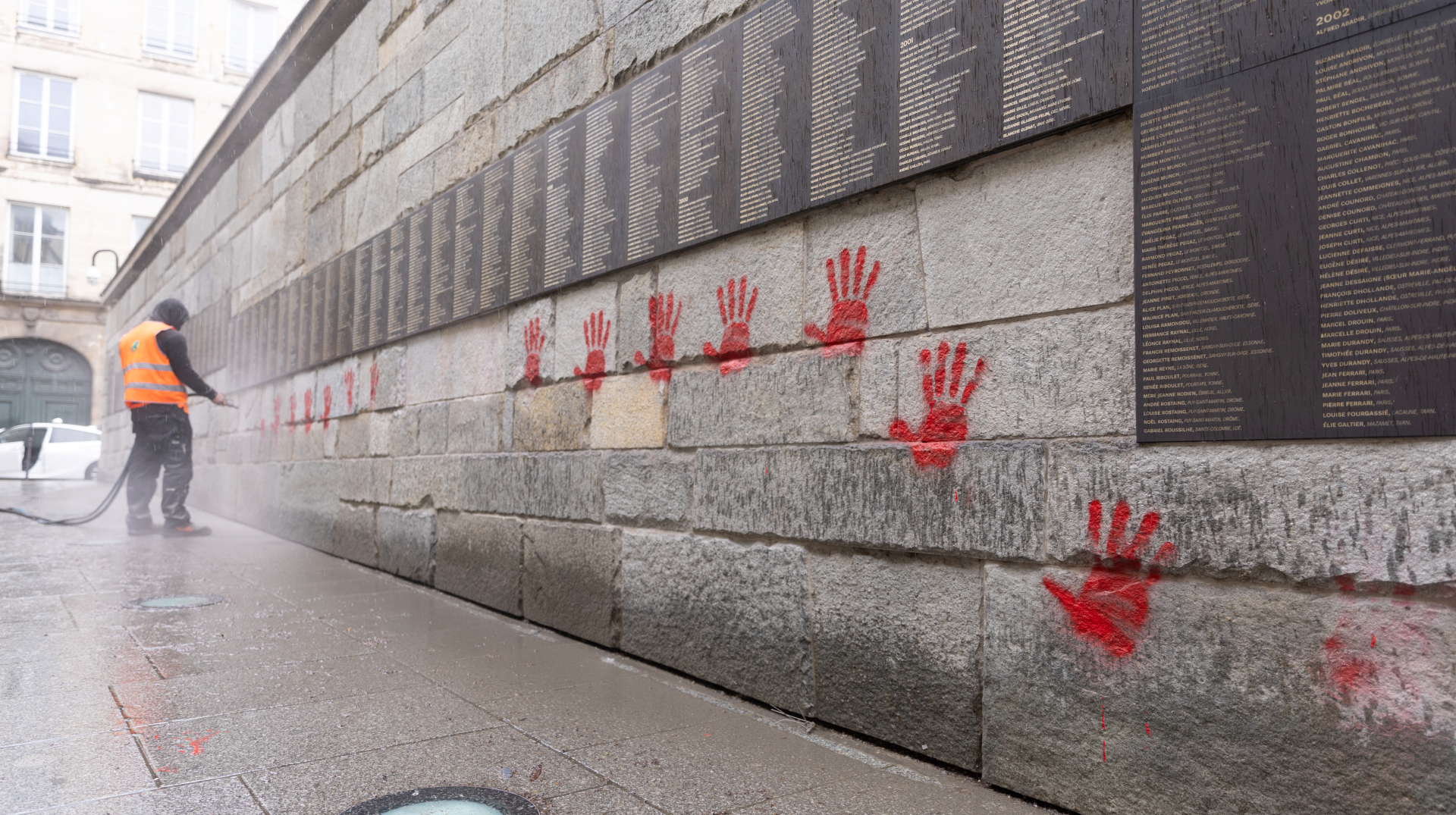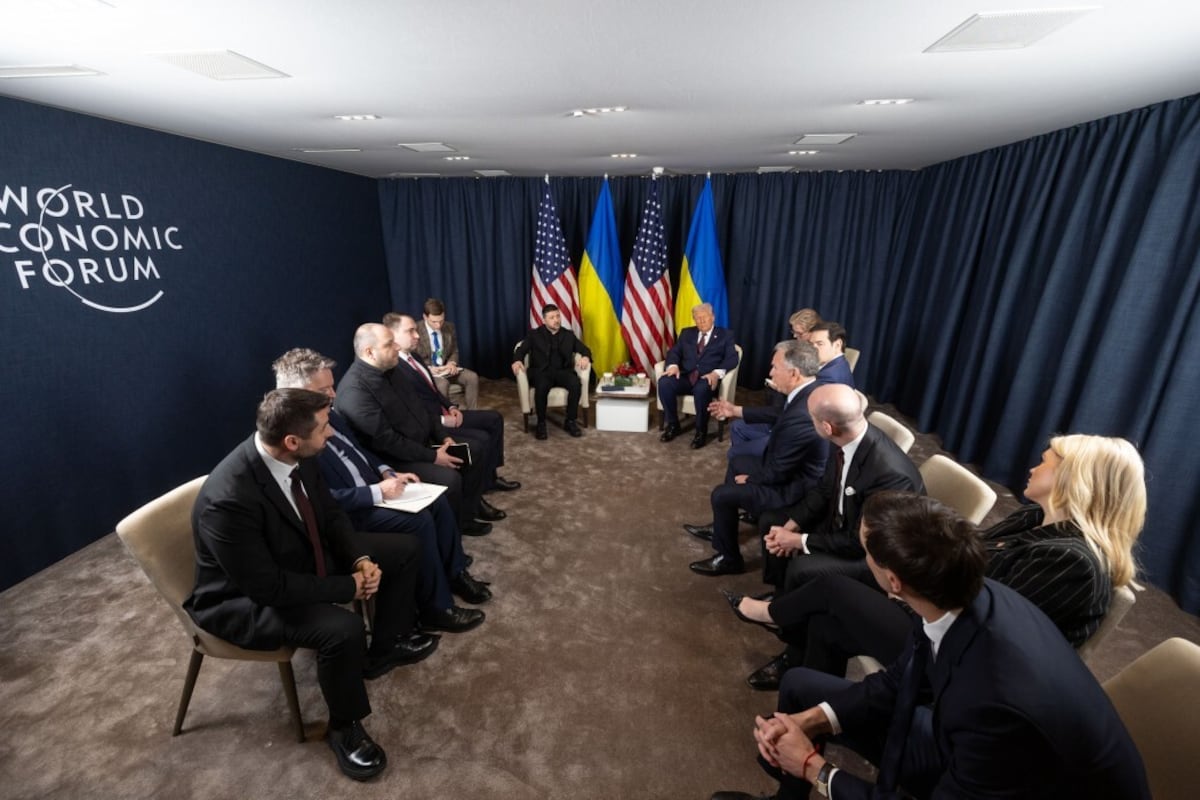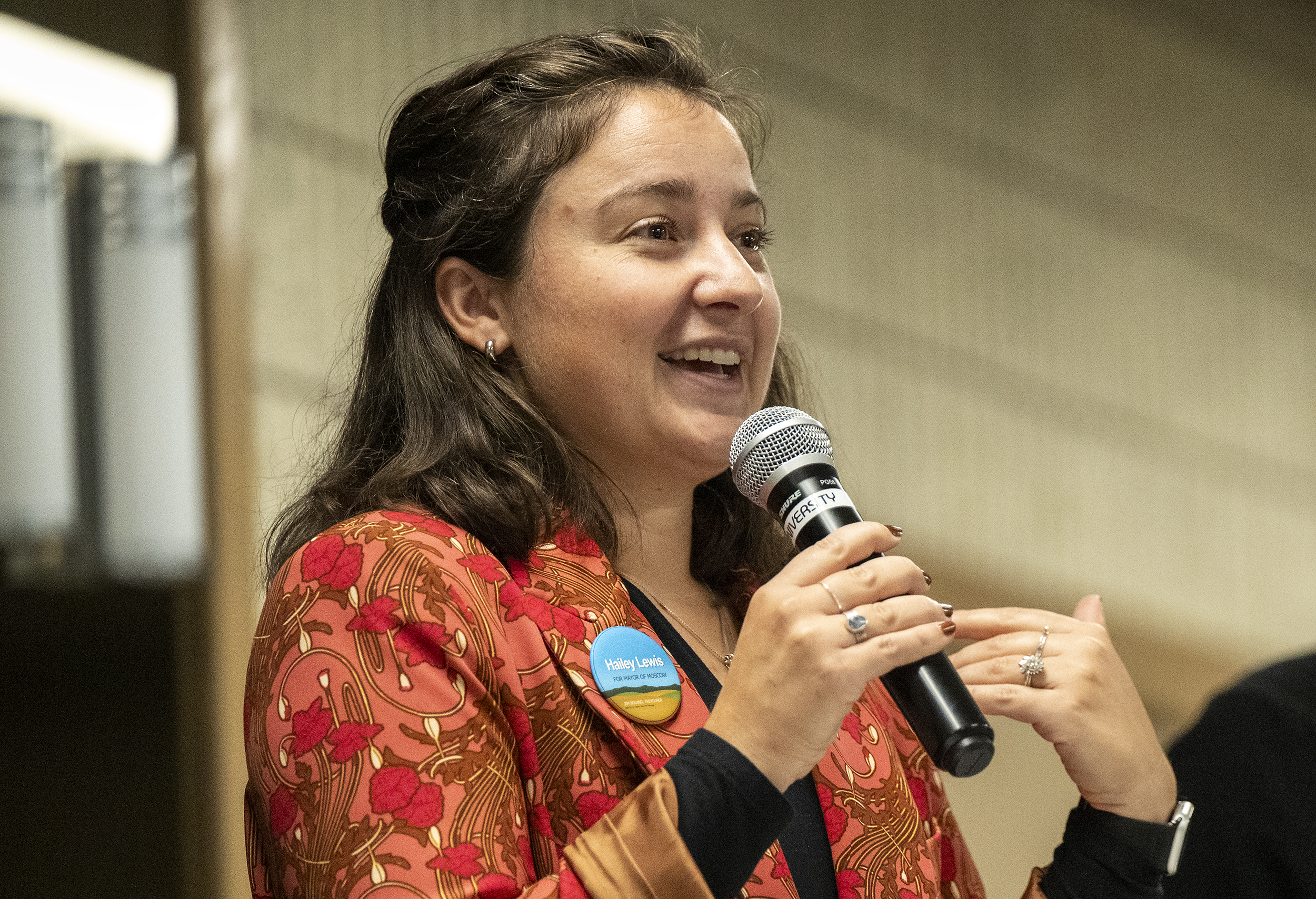France is currently holding a significant trial involving four Bulgarian nationals accused of vandalizing a Holocaust memorial in Paris. This case has garnered international scrutiny due to claims from French authorities that such acts are part of a broader strategy of covert Russian operations aimed at destabilizing Western democracies during the ongoing Russo-Ukrainian war. The trial represents the first legal action connected to a series of vandalism incidents linked to foreign interference.
Trial Highlights Foreign Interference Allegations
The defendants face charges related to the painting of red handprints on the Holocaust memorial in 2024, an act that is viewed as a provocative political statement. According to Clement Renault, a French security researcher, this case is the first in a series of legal proceedings tied to foreign operations aimed at creating discord within France. Renault noted that court documents include intelligence reports attributing the so-called “red hands” operation to Russia’s federal security agency.
French authorities contend that these acts of vandalism are part of an escalating campaign by Russia to destabilize France, a nation identified as both a major global player and a target vulnerable to foreign influence. The situation reflects a significant geopolitical reality, as articulated by Kevin Limonier, deputy director of the GEODE geopolitical research center in Paris, who emphasized France’s importance as a nuclear power and its economic opposition to Russia’s actions in Ukraine.
Context of Vandalism and Broader Campaign
The trial follows recent developments in which British authorities sentenced six Bulgarian nationals to prison for their involvement in a Russian espionage cell. These individuals were reported to have operated across several European countries, motivated by financial gain. Three of the four Bulgarians on trial in France were extradited from Croatia and Bulgaria, while the fourth faces charges in absentia for facilitating their travel arrangements, according to France 24.
In recent years, the Paris prosecutor’s office has identified at least nine cases of vandalism that are believed to be linked to Russian interference. For instance, following the October 7 Hamas attack on Israel, graffiti depicting the Star of David was discovered, executed by two Moldovan individuals who claimed to be acting under orders. Another notable incident involved an attack on the Javel mosque in September, attributed to a group of Serbian nationals accused of a series of antisemitic acts throughout the city.
These incidents expose a troubling pattern, often involving foreign actors who briefly enter France to carry out disruptive activities. Reports indicate that these operations are part of a comprehensive strategy by Russia, aiming to divide public opinion and exacerbate internal tensions by using intermediaries, or “proxies,” who may not be directly affiliated with Russian intelligence.
The ongoing trial not only highlights the complexities surrounding foreign interference but also raises questions about the effectiveness of measures taken by authorities to combat such activities. As the legal proceedings unfold, they underscore the geopolitical stakes involved in France’s position and the broader implications for European security.







